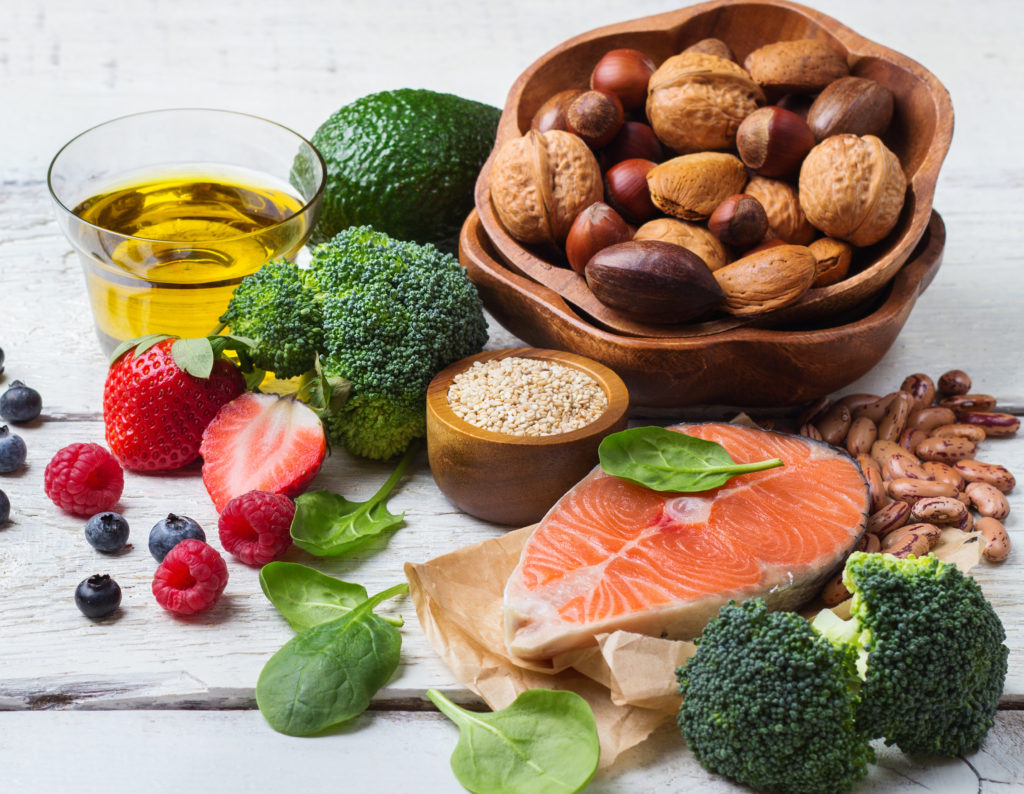 The Ketogenic Diet is a high fat, adequate protein and low-carbohydrate diet that forces the body to burn fats rather than carbohydrates. Typically, carbohydrates contained in food are converted into glucose, which is then transported around the body. However, if there is very little carbohydrates in the diet, the liver will convert fat into fatty acids and ketone bodies.
The Ketogenic Diet is a high fat, adequate protein and low-carbohydrate diet that forces the body to burn fats rather than carbohydrates. Typically, carbohydrates contained in food are converted into glucose, which is then transported around the body. However, if there is very little carbohydrates in the diet, the liver will convert fat into fatty acids and ketone bodies.
Cancer is an obligate glucose metabolizer. A person’s normal cells have the metabolic flexibility to adapt from using glucose to using ketone bodies. However, most cancer cells lack this metabolic flexibility. So, when a cancer patient eliminates carbs, which turn into sugar, they effectively starve the cancer!
The Ketogenic Diet has not only been proven to be effective for cancer, but also for the following health conditions:
- epilepsy
- inflammatory disease
- infertility
- enhanced athletic performance
- weight loss
- austism
- diabetes heart disease
Research
Even though this diet was designed in 1924 by Dr. Russell Wilder at the Mayo Clinic and has been found to be highly effective in treating disease, it fell out of fashion due to the surge in pharmaceuticals in the 1940’s. Since then, numerous studies have been done by different physicians and scientists that continue to prove the powerful healing ability of Ketosis.
In 1931…
…Dr. Otto Warbug won the Nobel Prize for his research on cancer. He discovered that cancer cells have a fundamentally different energy metabolism compared to healthy cells, and that cancer cells tend to feed on sugar. And more recently, Dr. Thomas Seyfried, confirmed Dr. Warbug’s findings:
“When we’re dealing with glucose and [cancer] management, we know from a large number of studies that if respiration of the tumor is ineffective, in order to survive, the cells must use an alternative source of energy, which is fermentation. We know that glucose is the primary fuel for fermentation. Fermentation becomes a primary energy-generating process in the tumor cell. By targeting the fuel for that process, we then have the capability of potentially managing the disease.”
So, basically, Dr.Seyfried’s work confirmed that sugar (aka. glucose) is the primary fuel for cancer cells, and by removing glucose from the diet and providing an alternate fuel, such as fat, a person can dramatically reduce the growth rate of cancer.
The next obvious question was answered by…
…the research of Dr. Dominic D’Agostino, PhD. He explained why healthy cells are able to survive on fat alone, and cancer cells cannot:
“Your normal cells have the metabolic flexibility to adapt from using glucose to using ketone bodies (fat metabolized). But cancer cells lack this metabolic flexibility. So we can exploit that.”
So, basically, the majority of cancer cells have a fatal flaw…they do not have the metabolic flexibility that regular cells do. This means that they cannot adapt to using fat for fuel.
Halle-freaking-luiah!
A Fat Burning Machine
So, if cancer cells need glucose to thrive and carbohydrates turn into glucose in the body, then cutting out the carbs of a person’s diet could starve the cells. In fact, it has the potential to turn the body into a “fat burning machine.” And even more simply put, if a person…
- limits their intake of carbohydrates to non-starchy vegetable and very minimal fruit and…
- increases their intake of healthy fats, such as organic, pastured meats, pastured eggs, raw dairy products and tropical plants (avocado, coconut, palm oil), then…
their body will begin to transition into a state of Ketosis! And obviously, depending on the type of disease or health challenge the individual is trying to address will determine how strictly they need to implement the Ketogenic Diet. For example, for those with cancer, epilepsy or autism, it is very important to drastically reduce the blood glucose level in the body, They need to follow a strict protocol of:
- Fat: 90%
- Protein: 7%
- Carbohydrates: 3%
And for those who want to lose weight, get pregnant, enhance their physical performance, reverse diabetes or address an autoimmune disease, they can be a bit more liberal with the protocol. (Here’s a great scale to help figure out food measurements.)
However, regardless of the health condition, I would still recommend eliminating most carbohydrates, all grains (wheat, rice, oats, corn, potatoes, rye, bulgar, etc.) and all sugar, with the exception of vegetables and minimal fruit. Also, it is very important to work with a trained health practitioner when implementing a new dietary protocol.
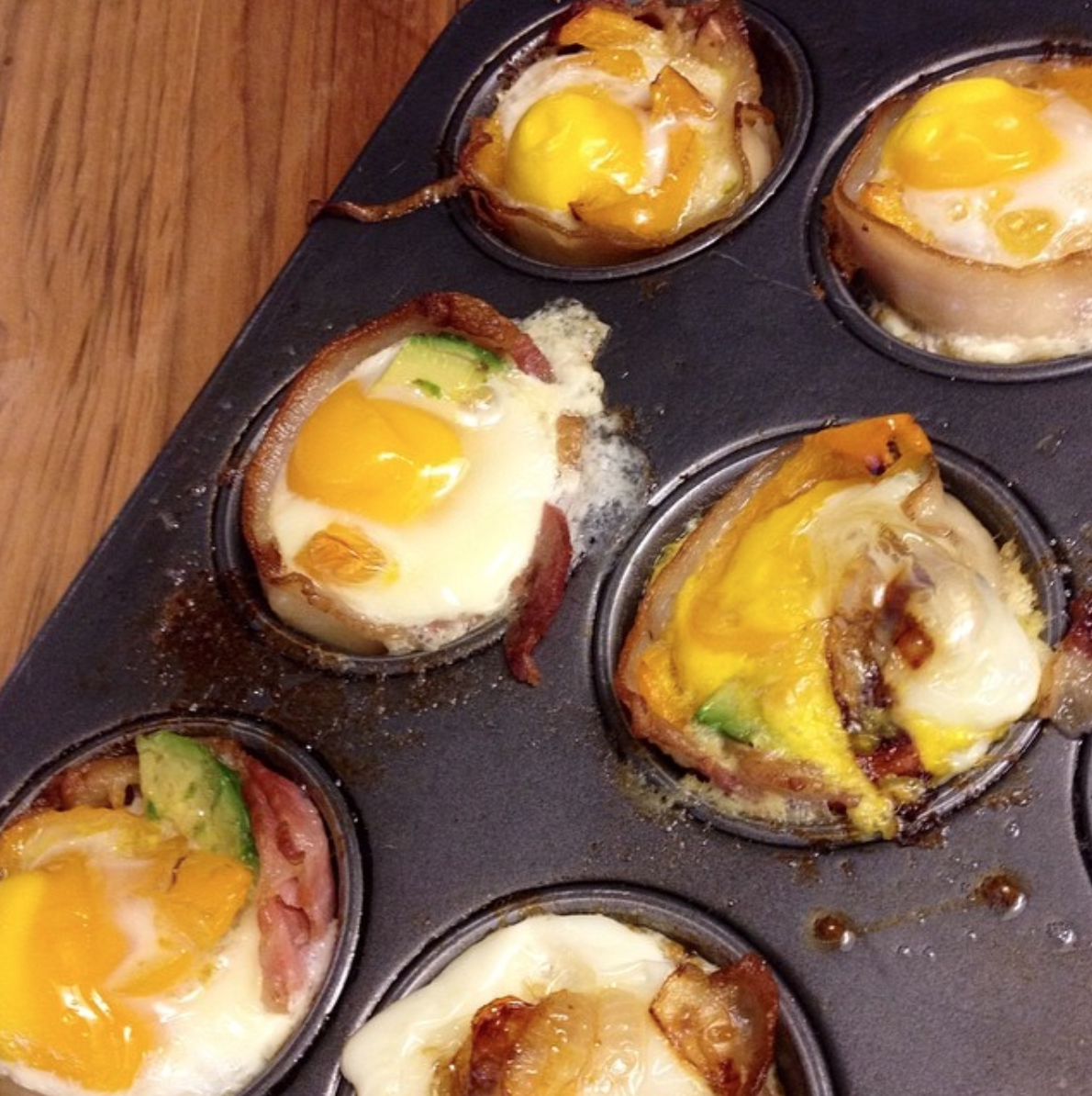
A Ketogenic-Style Menu Sample
To help, here’s a sample menu for a day that follows a nutrient dense, Ketogenic style diet. Please note that there are no guarantees that eating the below foods would put a person’s body into a Ketosis state. However, this will give a general, more liberal approach to transitioning in the Ketogenic style diet.
Breakfast:
- Organic pastured eggs, cooked in organic raw butter
- 1/2 avocado
- A forkful of homemade sauerkraut or cooked spinach
Snack:
Lunch:
- Wild-caught salmon, roasted with butter and lemon
- Small salad with pine nuts, avocado and topped with olive oil and balsamic vinegar
Snack:
- Coconut cream smoothie:
- 1/2 cup berries
- 1 cup full fat coconut cream/milk
- 2 TBSP coconut oil
- 2 TBSP nut butter
- 3 drops of pure liquid stevia
Dinner:
- Taco Bowl
- Grassfed ground beef, cooked in butter
- Soaked black beans, cooked in homemade broth
- Organic cream fraiche or sour cream
- Raw cheddar cheese
- Avocado, chopped
- Onions, chopped
- Tomatoes, chopped
Dessert:
- Spoonful of coconut butter (This stuff tastes amazing, by the way. It’s also very effective for satisfying sweet cravings and controlling blood sugar spikes!)
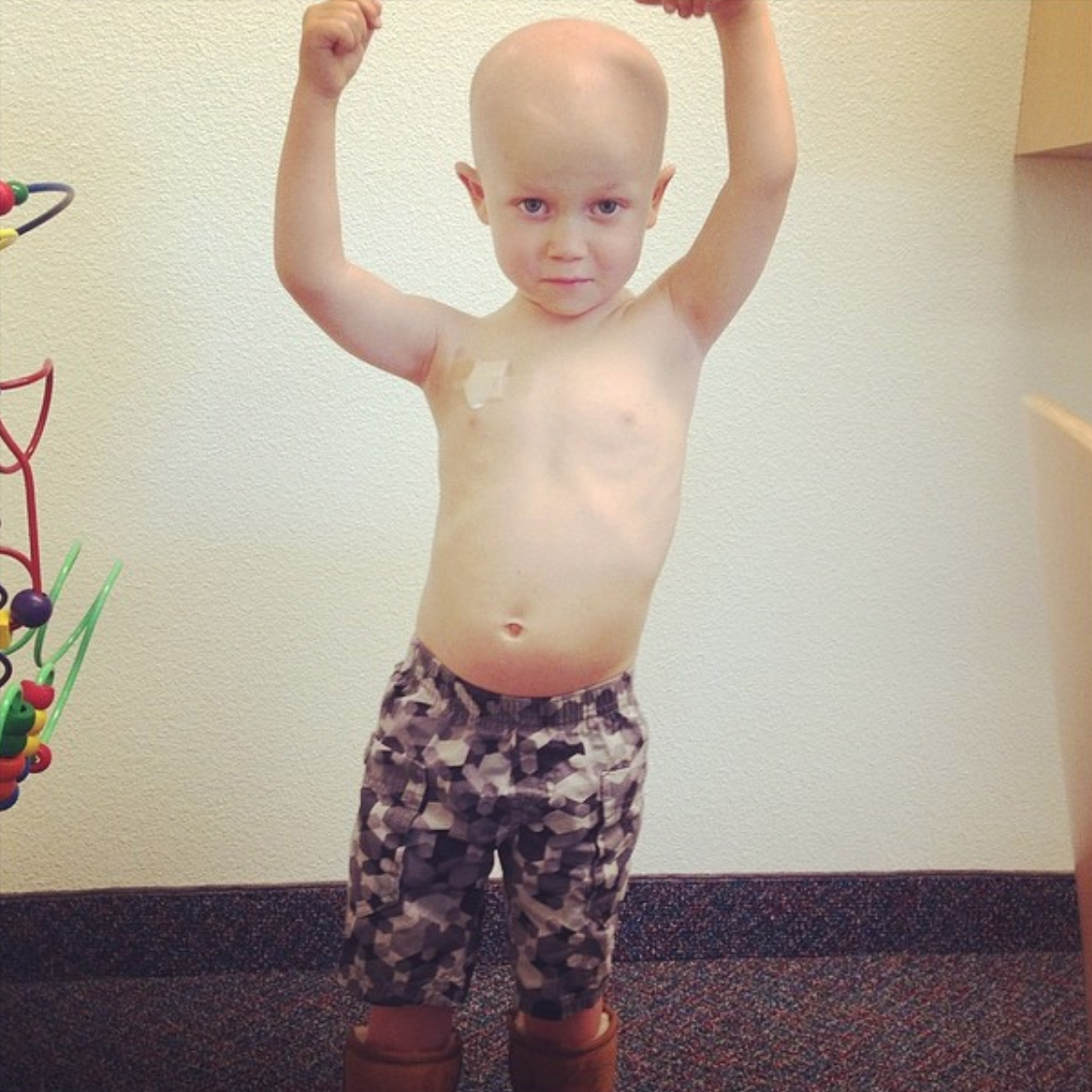
Don’t Get Overwhelmed!
I encourage you to start simple! For example, eliminate all grains and sugars for 1 meal a day for an entire week. You could even start at breakfast, as that tends to be the easiest for people. Then, the following week, eliminate all grains and sugars for 2 meals a day for 2 weeks.
Just do the best you can with what you have!
Please Note: This post contains affiliate links. If you make a purchase using these links, there’s no additional charge to you, and I will receive a small commission from the company. This helps to cover the basic costs of this website and allows me to continue providing you with free content. Thanks so much for your support!

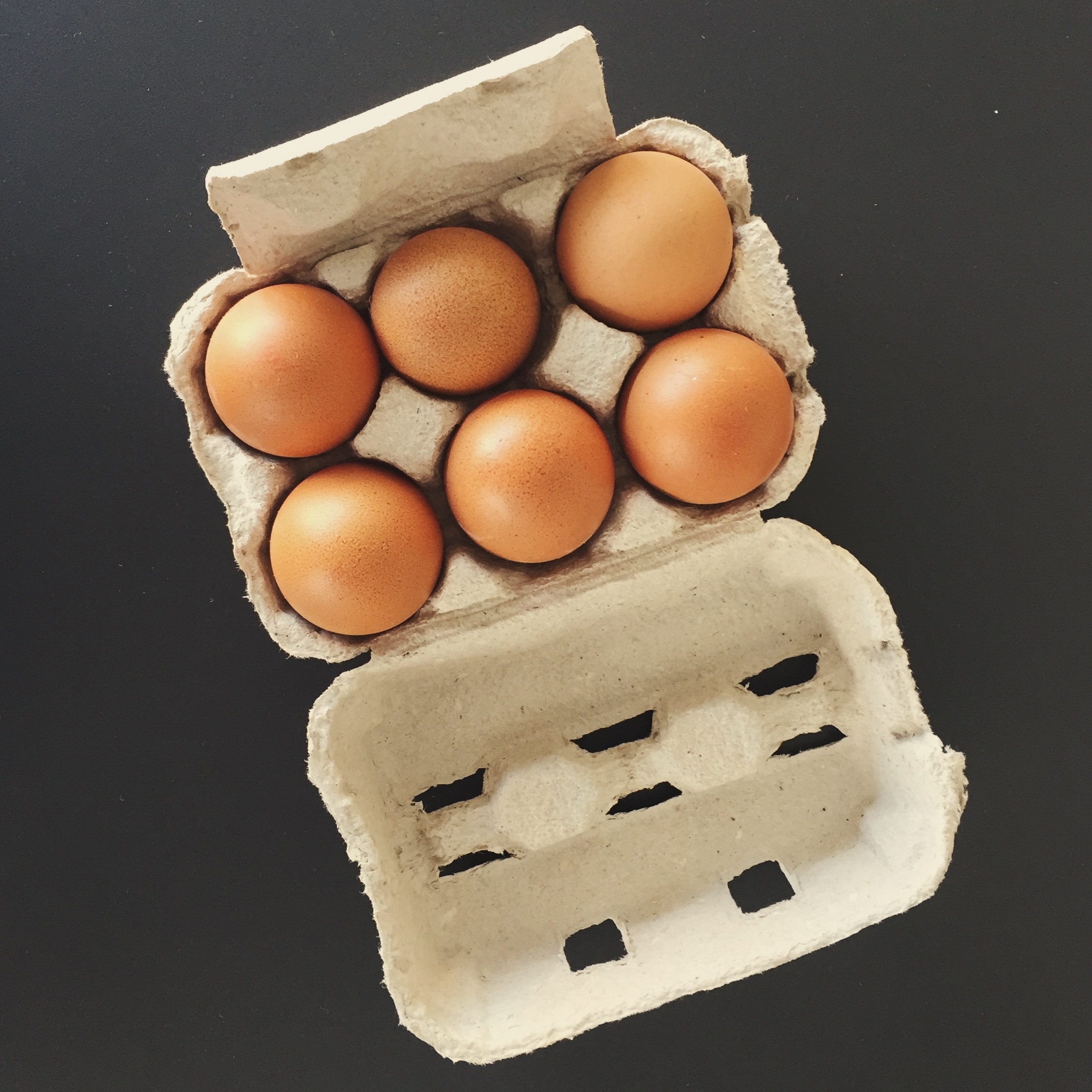

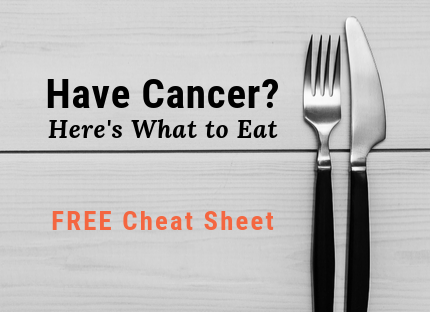
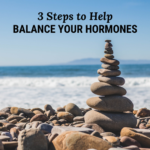

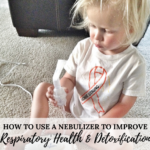
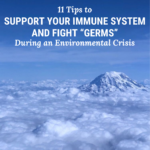
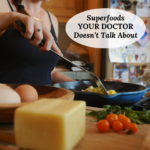



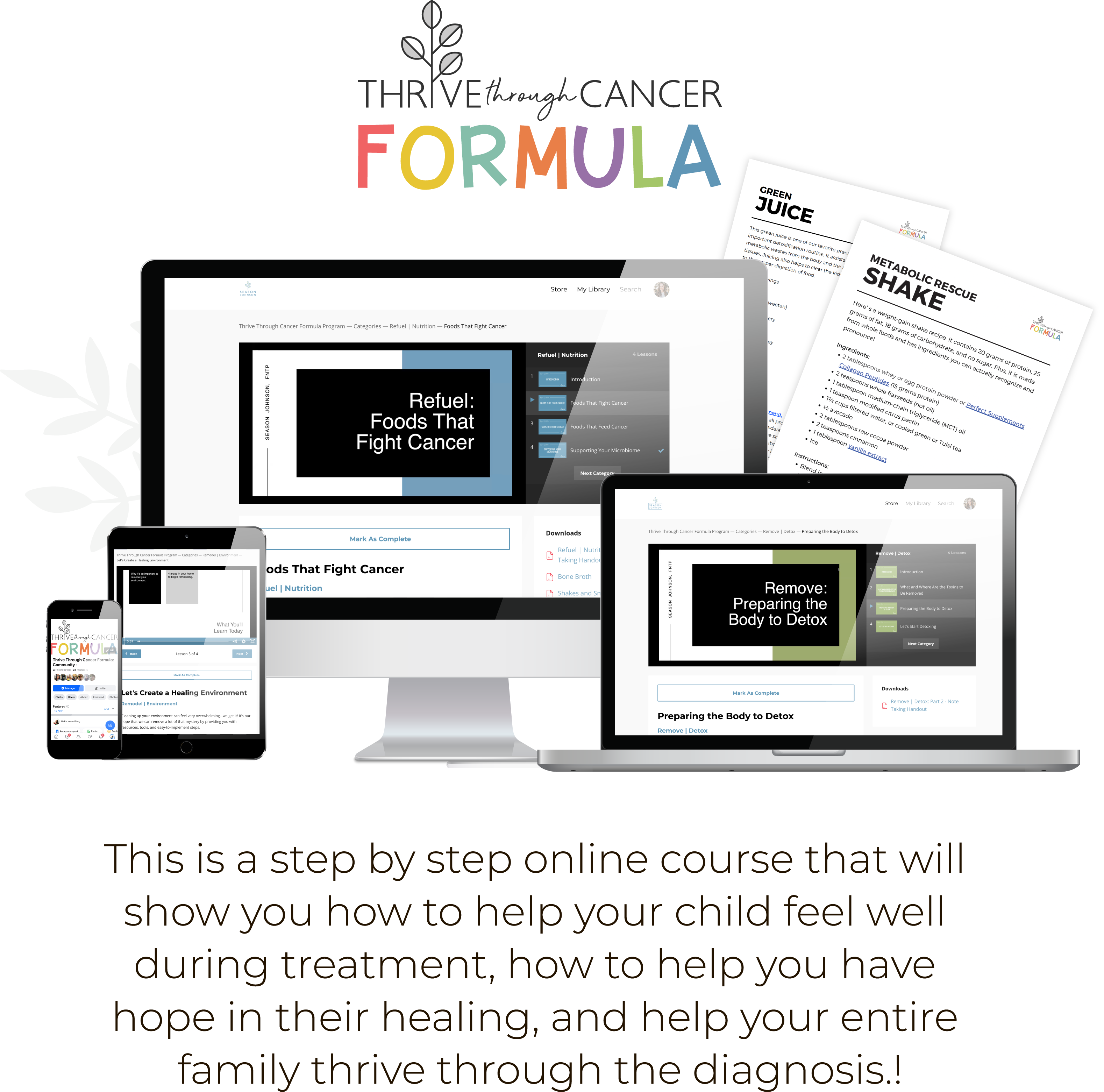


Hello! we are followign your page very closely, my son has relapsed NB stage 4 and we are finally going all natural =). We are nearly at Keto readiness…low carb, no sugar, few grains, but I worry about the acidity of such a low carb diet, cancer cannot thrive in an alkaline body, protein is acid forming and carbs are alkaline forming. Do you monitor acid levels? Thanks for all your amazing info. Jo from FB: Discussion about alternative treatments for pediatric cancer. I would love it if you could join our discussion group, just pm me if you can. Jo Gordon
Hi Jo! I am sorry to hear about your son! Good job for implementing a clean, nutrient dense diet for him!
You cannot directly change the PH of your blood by what you eat and drink. The ph of the blood is 7.4 because that is where enzymes need it there to function. There is no single study in scientific literature in any reputable medical journal that suggest that you can alter the PH of your blood by what you eat or drink. So that being said, an acidic environment is the result of disease and inflammation, but a high fat diet is anti-inflammatory. Hope this helps!
Hi Season,
Is the sample diet above for the whole family – including Kicker? Looking to implement for my 5 year old post-chemo and radiation.
Hello Season,
I just came from my oncologist but first I met Lynda, a friend of yours here in San Anotnio, who told me about you and your website. I’m a stage 4b ovarian cancer survivor. I’m 56 and was first diagnosed in 2014. It had a reoccurrence this year and currently I am in remission, however after my appointment today that is questionable. My Ca125 was elevated to 43 after once month on this new drug Zejula. I’m telling you all of this just so you can get some kind of picture of my journey. I’m 5 feet and today I weigh 105 lbs. My weight has never fluctuated more or less than 5 pounds my whole entire adult life, with the exception of during chemo treatment. I’m very interested in your approach to wellness but simply do not know where to start. Any advice you could give me would be welcomed. Thank you and abundant blessings. Becky Haviken
P.s. Email: beckyhaviken4@gmail.com